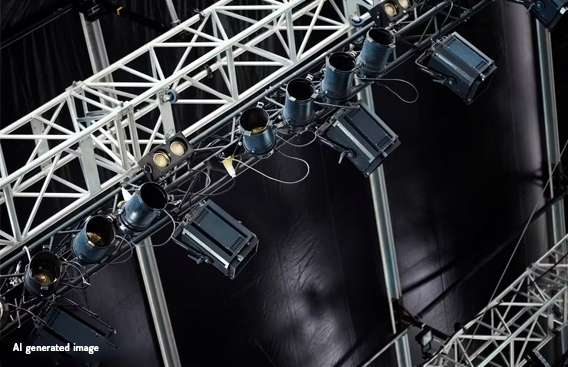This paper outlines current regulations for the use of recreational and commercial drones in the UK. It also presents recent policy development in the UK and internationally, as well as emerging technological and regulatory issues related to drone integration into domestic airspace.
The Civil Aviation Authority (CAA) is the independent statutory authority responsible for regulating civil aircraft, including drones. Relevant legislation is contained chiefly in the Civil Aviation Act 1982 and the Air Navigation Order 2016, with detailed guidance set out in the CAA’s Unmanned Aircraft System Operations in UK Airspace – Guidance (CAP 722).
Drone policy and relevant legislation is largely the responsibility of the Department for Transport (DfT) and the CAA. While the Government does not have an official policy or strategy on drones this is clearly an area where policy is moving fast. In December 2016 the DfT consulted on proposals to fill any gaps in drone regulation. The outcome was published in July 2017 with a number initiatives such as registration, training and ‘geo-fencing’ to be taken forward in different ways.
Achieving the full and safe integration of drones into non-segregated airspace is the underlying policy objective of Government. To achieve this requires technology, which is not yet fully developed, for sensing and avoiding air traffic under all possible scenarios.
In the interim, policy and regulation is likely to focus on drone system reliability, and enforcement, as well as training and qualification standards for drone pilots and operators. Other issues are likely to emerge, particularly related to privacy and third-party liability, to improve integration and perhaps as importantly, the public perception of drones.
The European Union has voted to harmonise drone regulation and to assume competence currently held by Member States – this has proven controversial, particularly with the model and hobby aircraft community who fear that EU regulation would threaten their pastime. A draft regulation was published for consultation in May 2017.
In light of the UK’s vote to leave the EU, the UK may end up taking on additional competence for the regulation of larger drones as well as retaining its current competence. The UK is regarded as a leader in developing drone regulation internationally and harmonisation – particularly through bodies such as Joint Authorities for Rulemaking on Unmanned Systems and the International Civil Aviation Organization – is likely to continue notwithstanding the vote to leave the EU.
Information on other aviation-related matters can be found on the Aviation Topical Page of the Parliament website.
[Parliament uk| Louise Butcher; Andrew Haylen – link to the original article]
[Picture: India Today]




